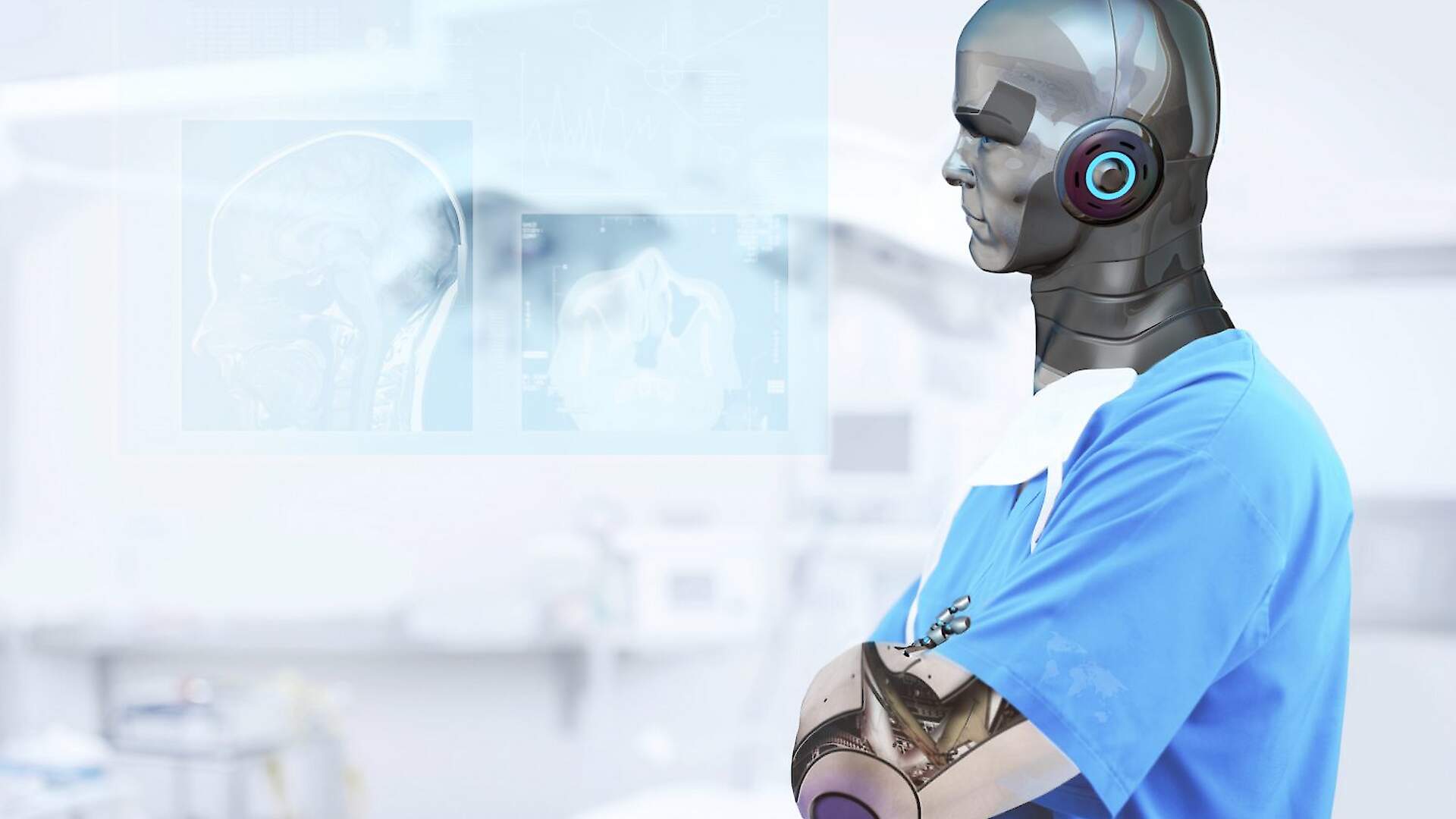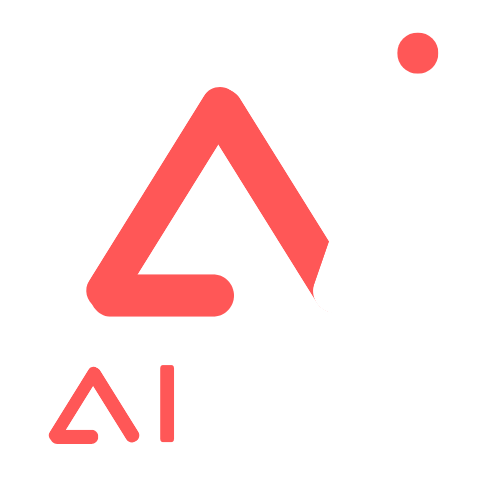June 19, 2023
By
admin
In the realm of healthcare, where precision and efficiency are paramount, Robotic Process Automation (RPA) is proving to be a transformative force. By automating repetitive and mundane tasks, RPA allows healthcare professionals to concentrate on what truly matters: delivering exceptional patient care. Let's explore how RPA is reshaping the healthcare landscape and why it's becoming indispensable for modern healthcare providers.
Why RPA Matters in Healthcare
The healthcare industry is a complex ecosystem characterized by vast amounts of data, intricate processes, and a relentless focus on patient outcomes. Administrative tasks, while essential, can be a drain on resources and time. This is where RPA comes into play. By deploying software robots to handle repetitive tasks, healthcare organizations can streamline operations, reduce errors, and enhance overall efficiency.
1. Revolutionizing Patient Data Management
Managing patient data is both crucial and time-consuming. Traditional methods involve manual data entry, verification, and updates, which are prone to errors and inefficiencies. RPA transforms this process by automating data extraction, validation, and integration across various systems.
2. Accelerating Claims Processing and Billing
Claims processing and billing are notorious for their complexity and potential for errors. RPA simplifies these tasks by automating the verification of insurance details, processing claims, and managing billing codes. Bots handle repetitive tasks with precision, reducing the risk of mistakes and speeding up reimbursement cycles.
3. Enhancing Patient Scheduling and Follow-Up
Efficient scheduling and follow-up are essential for maintaining smooth healthcare operations and improving patient satisfaction. RPA automates appointment scheduling, confirmations, and reminders, significantly reducing the administrative burden.
4. Ensuring Compliance and Regulatory Adherence
Compliance with healthcare regulations is critical, yet challenging. RPA assists in maintaining regulatory adherence by automating the generation of compliance reports, monitoring regulatory changes, and managing documentation.
5. Improving Patient Communication and Engagement
Effective patient communication is vital for successful outcomes and satisfaction. RPA enhances communication by automating routine interactions such as appointment reminders, follow-up messages, and patient surveys.
1. Revolutionizing Patient Data Management
Managing patient data is both crucial and time-consuming. Traditional methods involve manual data entry, verification, and updates, which are prone to errors and inefficiencies. RPA transforms this process by automating data extraction, validation, and integration across various systems.
2. Accelerating Claims Processing and Billing
Claims processing and billing are notorious for their complexity and potential for errors. RPA simplifies these tasks by automating the verification of insurance details, processing claims, and managing billing codes. Bots handle repetitive tasks with precision, reducing the risk of mistakes and speeding up reimbursement cycles.
3. Enhancing Patient Scheduling and Follow-Up
Efficient scheduling and follow-up are essential for maintaining smooth healthcare operations and improving patient satisfaction. RPA automates appointment scheduling, confirmations, and reminders, significantly reducing the administrative burden.
4. Ensuring Compliance and Regulatory Adherence
Compliance with healthcare regulations is critical, yet challenging. RPA assists in maintaining regulatory adherence by automating the generation of compliance reports, monitoring regulatory changes, and managing documentation.
5. Improving Patient Communication and Engagement
Effective patient communication is vital for successful outcomes and satisfaction. RPA enhances communication by automating routine interactions such as appointment reminders, follow-up messages, and patient surveys.



The Future of RPA in Healthcare
As RPA technology continues to advance, its role in healthcare will expand further. Integration with artificial intelligence (AI) and machine learning will enable bots to handle increasingly complex tasks, such as predictive analytics and personalized patient care.
Healthcare organizations that adopt RPA early will gain a competitive edge, benefiting from improved efficiency, reduced operational costs, and enhanced patient care. Embracing RPA is not just about keeping up with technological trends; it’s about driving meaningful improvements in how healthcare is delivered.
Healthcare organizations that adopt RPA early will gain a competitive edge, benefiting from improved efficiency, reduced operational costs, and enhanced patient care. Embracing RPA is not just about keeping up with technological trends; it’s about driving meaningful improvements in how healthcare is delivered.
Conclusion
Robotic Process Automation is more than just a technological innovation; it's a catalyst for change in the healthcare industry. By automating routine tasks, RPA enhances accuracy, boosts efficiency, and allows healthcare professionals to focus on what truly matters—providing high-quality patient care.
Ready to revolutionize your healthcare operations with RPA? Contact Creative Digital Ideas today to discover how our RPA solutions can help you streamline processes, improve patient experiences, and achieve your goals in the evolving landscape of healthcare.
Ready to revolutionize your healthcare operations with RPA? Contact Creative Digital Ideas today to discover how our RPA solutions can help you streamline processes, improve patient experiences, and achieve your goals in the evolving landscape of healthcare.






